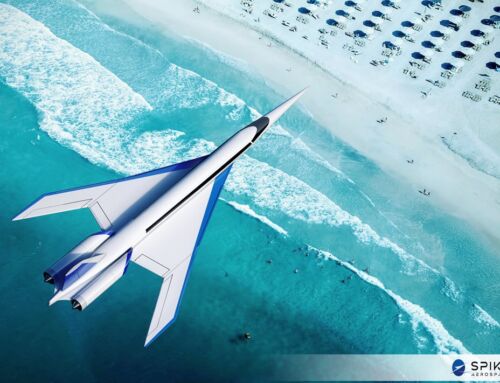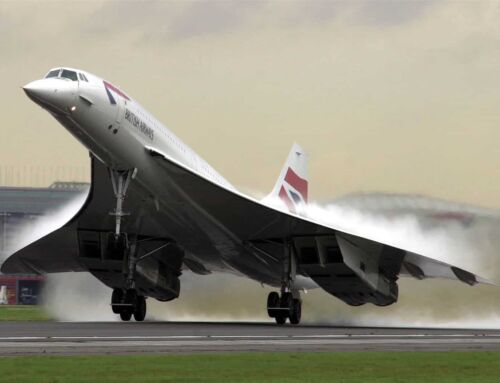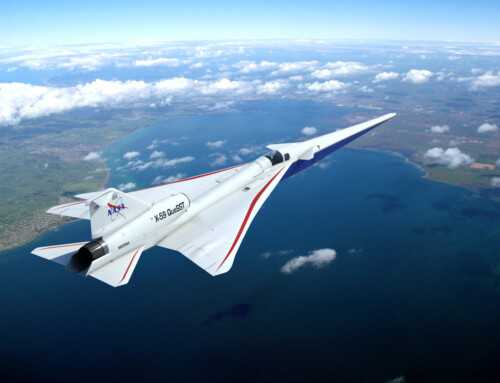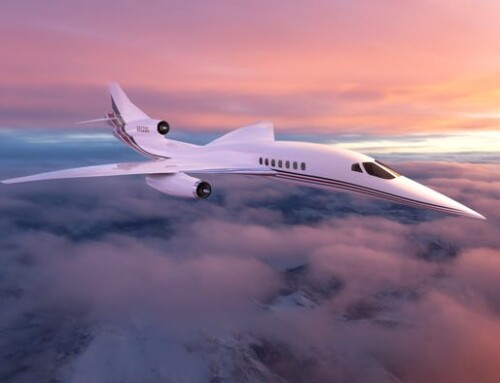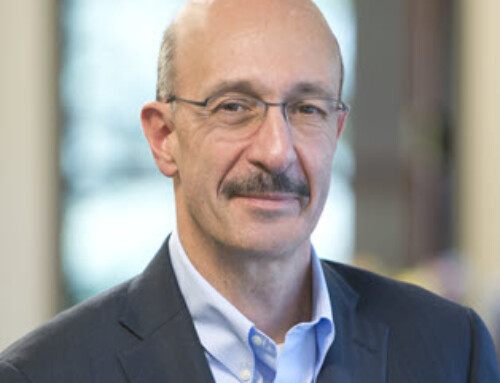Mar 28, 2016, Boston, MA – Supersonic flight is relatively easy, but achieving it without a sonic boom is the holy grail of the next generation of aircraft engineers. Advanced innovations, such as the Quiet Supersonic Flight (QSF) technology being developed by Spike Aerospace, will make flight faster than the speed of sound possible without all the noise. The company announced today that QSF will be one of the key features of the Spike S-512 Quiet Supersonic Jet, scheduled to be available in the early 2020s.
Without a doubt, there is a lot of excitement about the return of supersonic flight. It really is just a few years away. Flying faster – affordably – is going to have a huge impact on business and leisure travel. Key to making supersonic aviation of interest and value to everyone is being able to fly beyond the speed of sound overland, not just over the oceans.
However, in the race to develop a supersonic jet, most companies’ efforts are focused on high-sonic-boom aircraft that can legally only fly trans-oceanic routes due their loud, disturbing sonic booms. That is fine for passengers headed to or from the Americas. But it severely limits the number of destinations these high-boom supersonic jets can fly to – as well as their market potential. One “solution” would be to slow down to low-supersonic speed over land to reduce sonic booms. Not a problem if you like driving at 40 mph when the speed limit is 60 mph.
Instead, the 18-passenger Spike S-512 with QSF is strictly low-boom, and will be able to fly both trans-oceanic and trans-continental routes at top supersonic speeds of up to Mach 1.6. This opens up a much larger global market for passengers that need to fly across Europe, the Middle East, Asia, and Africa. No speed restrictions or sonic boom prohibitions will limit your travel when flying over cities or the countryside en route to your destination.
By the early 2020s, the Spike S-512 Quiet Supersonic Jet will be making flights from Paris to Dubai in three and a half hours, and from London to Hong Kong in five and a half hours. These will become day trips for shopping, entertainment, business meetings, and even sightseeing.
“Sure, there is a market for high-boom supersonic jets that only fly over water – but there is a much bigger demand for low-boom jets that can fly supersonic everywhere” said Spike Aerospace President & CEO Vik Kachoria.
To make supersonic flight available to the greatest number of passengers, Spike Aerospace is in discussions with several premier airlines to offer supersonic service on the S-512 as an alternative to their business class and first-class services on subsonic jets. Supersonic ticket prices are expected to command a slight premium over business class or first-class seats – depending on the route. They should be fairly reasonable and accessible to most travelers.
Spike Aerospace started developing the S-512 Quiet Supersonic Jet in 2013. A global collaboration of aerospace partners and suppliers are working together with Spike on engineering efforts to bring this exclusive aircraft to market. Construction of the first scaled prototype will begin this summer.
Quiet Supersonic Flight (QSF) is proprietary technology developed by Spike Aerospace. Essentially, it works by optimizing aerodynamic design primarily through shaping of the wing, fuselage, and tail. This advanced design shaping helps to minimize any disturbing sound created by the sonic wake of the jet.


